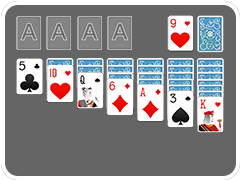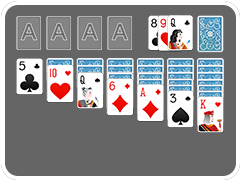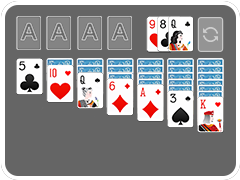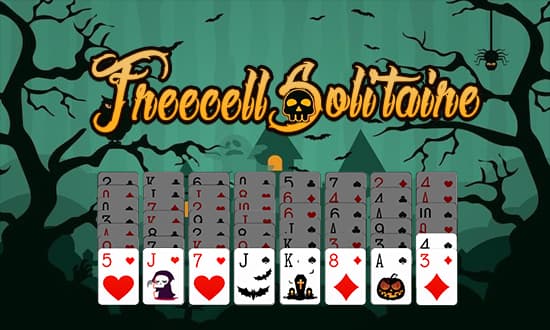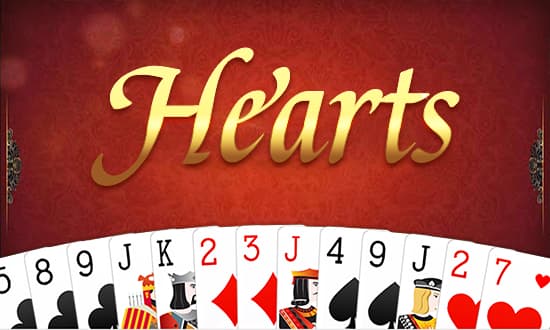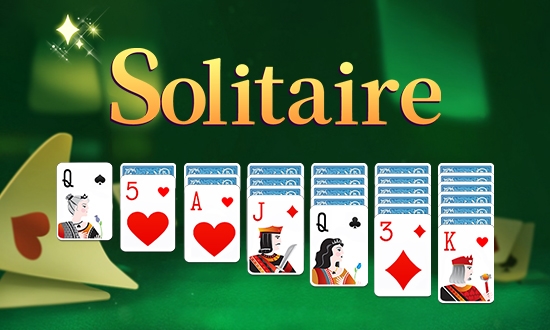
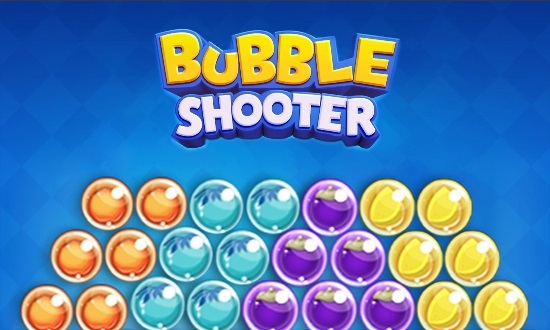



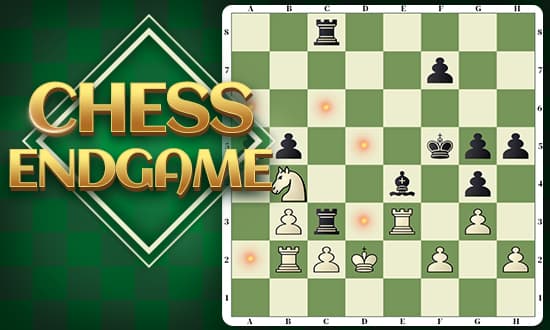
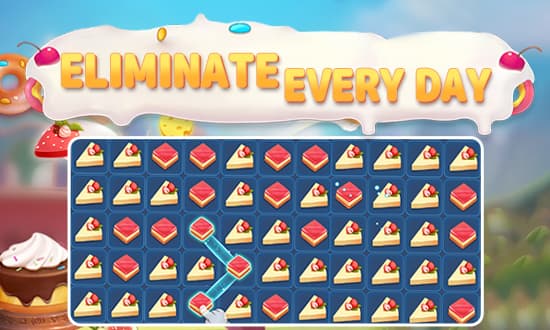
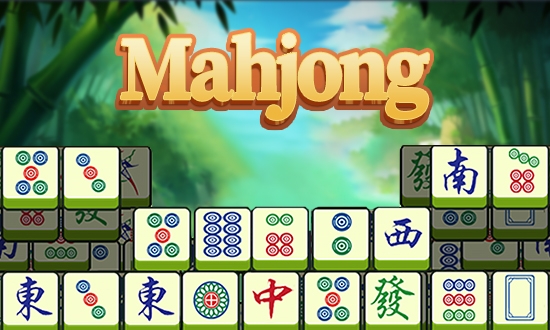
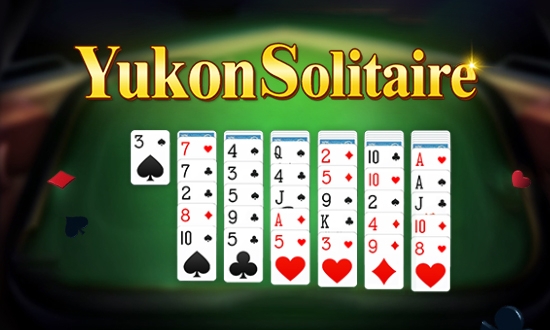
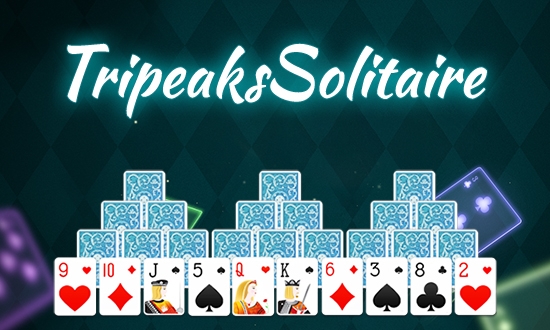
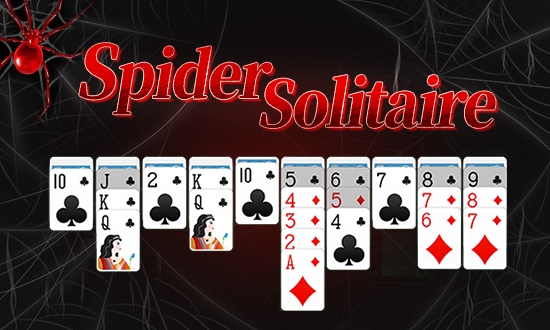
More Play
Solitaire
Welcome to YkCode, where you can indulge in the fun of Solitaire! Solitaire is a classic single-player card game, and now you can play it for free anytime, anywhere on our platform. In this timeless game, you'll challenge your skills and patience by rearranging the cards. No downloads, no registration required – just click the start button and dive into the world of Solitaire. Whether you're looking to unwind or seeking a challenge, Solitaire is your best choice. Start playing now and enjoy the classic Solitaire game to the fullest!
How to play Solitaire
It is not difficult to learn to play Solitaire online. Especially on our website! It’s because we provide a concrete guide for the gameplay of the Solitaire.

First of all, after entering the game, the cards have been dealt. The Solitaire game consists of three parts of cards:

Stockpile:a set of cards with their faces down. At the beginning of any Solitaire game, all the cards are in the stockpile, and with each next move of yours, you reach and place them in the foundation with their faces up. The Stockpile is available, though, for you to use it for the tableau.
Foundation:this is another set of cards. The set, though, is formed of several piles. There are 4 in total, and each pile refers to a concrete suit. The foundation is closely related to your main goal in the Solitaire Klondike game – to move the cards from the deck to these four foundation piles. Remember that you cannot only place a card in a concrete pile by referring to its suite. You should also follow the chronology of the cards, which is specific to the different free solitaire patience games (for instance, from K to A, from A to K, and you name it).
Tableau:this is the final – third – set of cards in the game, and it’s also made of several piles, but each of them has 7 cards with their faces down, excluding the last card, which is with a face up. All the remaining cards from the deck are transferred to the tableau pile with their faces down. You have the right to move different cards from the tableau directly to the foundation and from one tableau pile to another. The only requirement you should keep in mind is the correct order of the tableau pile – in descending order and alternating color.

You can move cards onto tableau piles if they are in descending numerical order and of a different color (e.g., a black J can be placed on a red Queen).

When you see cards that can be moved directly to the foundation piles, perform the movement without delay. Ace cards can be moved to foundation piles directly.

Always consider how to make some empty space within each of the seven tableau columns to simplify your next moves. On an empty tableau column you can move only a King.

When you don't know how to proceed to the next step, you can click the tips button and there will be movable tips.

When you regret the operation, you can also click the Undo button to undo the operation.
Now, you can begin playing! As you can see, the game is all about arranging cards in order. And remember: once you finish your foundations, you win!
Solitaire Strategy
- Prioritize Moving Revealed Cards: In the Solitaire tableau, prioritize moving cards that can be revealed. This increases your options and helps you uncover more moves.
- Prioritize Sorting Foundation Piles: Place Aces into the Solitaire foundation piles as soon as possible and continue to build up the foundation piles in suit sequence. This creates more space and options for subsequent moves.
- Observe and Utilize Solitaire Tableau: In the Solitaire tableau, observe and utilize the alternating color rule to move cards onto higher-ranking cards. This makes it easier to access cards buried beneath.
- Keep Solitaire Tableau Clean: Keep the number of cards in the Solitaire tableau as low as possible to avoid stacking too many cards. This increases maneuverability and flexibility in your moves.
- Leave Room for Solitaire Maneuver: Leave spaces as placeholders when moving cards in Solitaire, allowing for rearrangement and resolving of blocked moves.
- Plan Ahead in Solitaire: Consider future moves when making current moves in Solitaire, choosing moves that open up more options. This prevents getting stuck in unwinnable situations.
- Experiment with Different Solitaire Strategies: Solitaire requires strategy and skill. Experiment with different moves and approaches to find the best strategy for you.
By mastering these basic strategies, you can navigate the Solitaire game more smoothly and improve your chances of winning. Enjoy the Solitaire game!
Benefits of playing Solitaire
Playing solitaire not only provides entertainment but also offers numerous other benefits. Here are some deeper discussions:
- Promotes Mental Relaxation and Emotional Management: Solitaire is a relaxing activity that helps alleviate stress and anxiety. By focusing on the game process, players can temporarily escape from the pressures and worries of daily life, entering a state of tranquility and calmness. This relaxation helps improve mood and enhance mental well-being.
- Develops Decision-Making and Problem-Solving Skills: In solitaire, players need to make constant decisions and choose the best move. This process can hone decision-making and problem-solving skills, helping individuals navigate various challenges in real life more effectively.
- Enhances Reaction Speed and Hand-Eye Coordination: Solitaire requires players to quickly identify and move cards, which can improve reaction speed and hand-eye coordination. As the game progresses, players' reaction speed and hand-eye coordination will continue to be trained and improved.
- Fosters Resilience Against Challenges: In solitaire, players may encounter various obstacles and challenges, such as improper card arrangements or increased complexity of the board. By continually challenging themselves, players can gradually develop resilience against difficulties and challenges, improving their skills and strategies for dealing with complex situations.
- Promotes Self-Reflection and Growth: Solitaire is a game that requires repeated attempts and contemplation. After each game, players can engage in self-reflection, analyzing whether their strategies and decisions were reasonable, and continuously improving and enhancing their skill levels. This process of self-reflection and growth is crucial for personal development and growth.
Considering the comprehensive benefits mentioned above, it's evident that playing solitaire not only offers enjoyable entertainment but also provides numerous psychological, cognitive, and physiological advantages. Therefore, whether for relaxation, brain training, or skill enhancement, playing solitaire is highly recommended.
The Origin and History of Solitaire
The origin and development history of solitaire card games are not entirely clear, but there are several theories and historical records about its origins that can be traced back centuries.
- Origin Theories: There are various theories about the origin of solitaire card games. One theory suggests that solitaire originated in Europe, possibly in France or Germany. Another theory suggests that solitaire may have originated in Asia, possibly evolving from card games in China or India. However, the exact origin remains a mystery.
- Historical Development: The early history of solitaire card games is not well-documented, but it can be traced back to the 17th century or earlier. The earliest solitaire card games may have spread through oral tradition. Over time, solitaire gradually became popular in Europe and other regions, becoming a popular single-player card game.
- Invention of Printing Press: The development of solitaire card games benefited from the invention of the printing press. With the spread of printing technology, card production became easier and more convenient, facilitating the spread and popularity of card games.
- Mentions in Literature: Solitaire card games often appear in literary works, which also helped promote their development and dissemination. For example, solitaire is mentioned in the novels of 18th-century English writer Jane Austen.
- Emergence of Computer Games: In the late 20th century, with the development of computer technology, solitaire card games began to appear on computers. The solitaire game included with Microsoft's Windows operating system is one of the most famous examples, further promoting the popularity and proliferation of solitaire card games.
In conclusion, solitaire card games, as ancient and classic card games, have origins and developmental histories that are not entirely clear. However, it is certain that they have been widely circulated worldwide and have become a popular form of entertainment.
Historical events of playing Solitaire
- Early Mentions in Literature: Solitaire card games were mentioned in literature as early as the 18th century. For example, Jane Austen, the renowned English novelist, referenced solitaire games in her works.
- Popularity in Europe: Solitaire became popular in Europe during the 19th century. It was commonly played as a pastime activity among the upper classes.
- Introduction to America: Solitaire was introduced to America in the early 19th century. It gained popularity among American card players, becoming a beloved solo card game.
- Publication in Rule Books: The rules of solitaire card games were first published in rule books during the 19th century. These rule books standardized the gameplay and contributed to the widespread adoption of solitaire.
- Evolution with Technology: With the advent of technology, particularly the rise of personal computers, solitaire entered a new era. Microsoft included a version of solitaire in its Windows operating system, exposing millions of computer users to the game.
- Online and Mobile Versions: As technology continued to advance, solitaire evolved into online and mobile versions. Players could now enjoy solitaire on various devices, anytime and anywhere.
- Variations and Adaptations: Over the years, numerous variations and adaptations of solitaire have emerged. These include Klondike, Spider, Freecell, and many others, each with its own unique rules and gameplay.
- Competitions and Tournaments: Solitaire competitions and tournaments have become increasingly popular in recent years. Players compete against each other to achieve the highest scores or complete games in the shortest time.
- Recognition as a Classic: Solitaire has been recognized as a classic card game and is often included in collections of traditional card games. Its enduring popularity testifies to its status as a beloved pastime activity.
Interesting historical facts
- Microsoft Solitaire: The solitaire game included with Microsoft's Windows operating system is one of the most famous versions of solitaire worldwide. This game first appeared in the Windows 3.0 operating system and received further improvements and updates in subsequent versions. Known as "Classic Solitaire," it became the preferred choice for many people to play solitaire on computers.
- Boosting Windows Sales: It is said that Microsoft's decision to include solitaire as one of the pre-installed games in Windows 3.0 was a strategic move. By including the game in the operating system, Microsoft successfully attracted more users to purchase Windows, thus boosting sales of the Windows operating system.
- Longest Game Record: Someone once set an astonishing record for the longest time spent playing solitaire. Reportedly, someone spent over 30 hours playing a single game of solitaire, which is an incredible achievement.
- Solitaire Speed Races: Some players are enthusiastic about solitaire speed races, where they compete to complete a game of solitaire in the shortest time possible. This type of competition not only tests players' skills and strategies but also requires them to have quick reflexes and nimble finger movements.
- Creative Versions Emergence: Over time, many creative versions of solitaire have emerged. For example, some versions use different themes and backgrounds, such as animals, flowers, or science fiction elements, adding more fun and interest to the game.
- Community Sharing and Discussion: Solitaire game enthusiasts often share their gaming experiences, high scores, and strategy tips in online communities. These communities provide a platform for players to communicate and learn, allowing them to better enjoy the game and improve their skills.
- Appearance in Film and TV: Solitaire games often appear in films and TV shows, becoming an important plot point or a character's everyday leisure activity. These appearances have made solitaire a widely recognized and familiar game.


